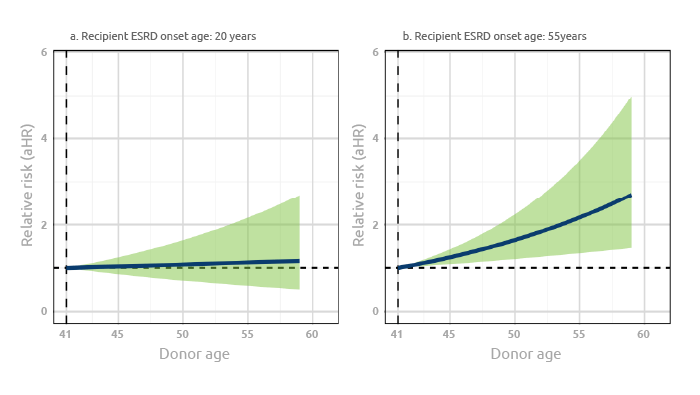
Investigating familial kidney disease to assess donor risk of ESRD
Research shows a link between a recipient’s age and a relative donor’s age in predicting end-stage renal disease (ESRD) post-donation.

Research shows a link between a recipient’s age and a relative donor’s age in predicting end-stage renal disease (ESRD) post-donation.
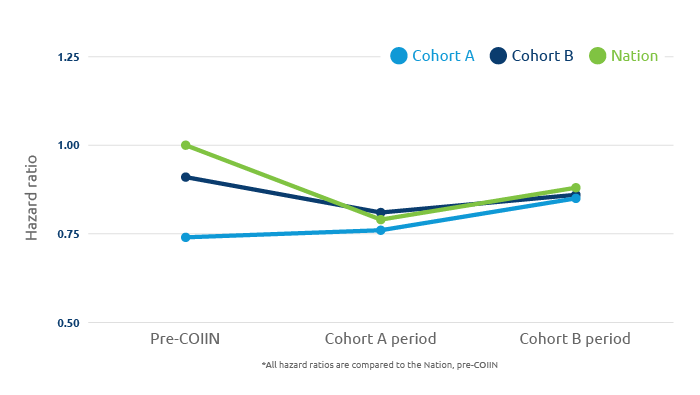
Participating kidney programs performed an increased number of 51-100 percent KDPI transplants while maintaining one-year graft survival rates.
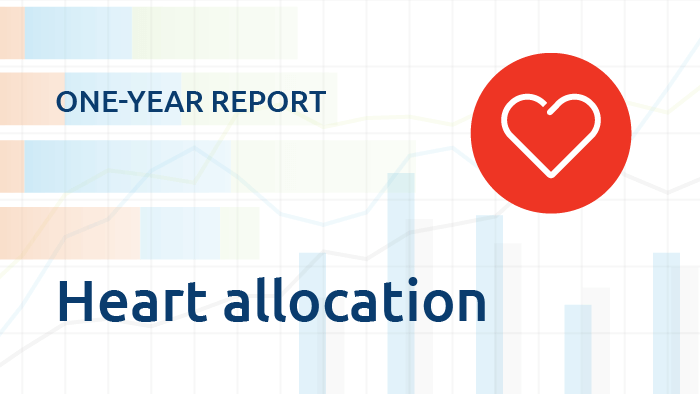
In a recently published article, UNOS-led research found that the new heart allocation policy provides broader access to the most medically urgent candidates.
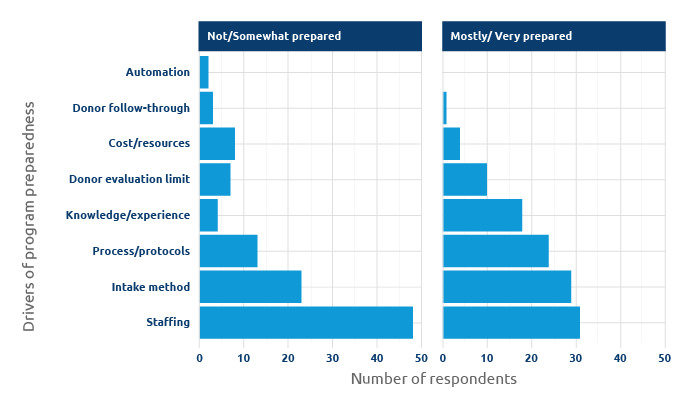
At the 2020 American Transplant Congress, UNOS and OPTN researchers presented insights of U.S. transplant hospitals using social media campaigns to identify potential living donors.
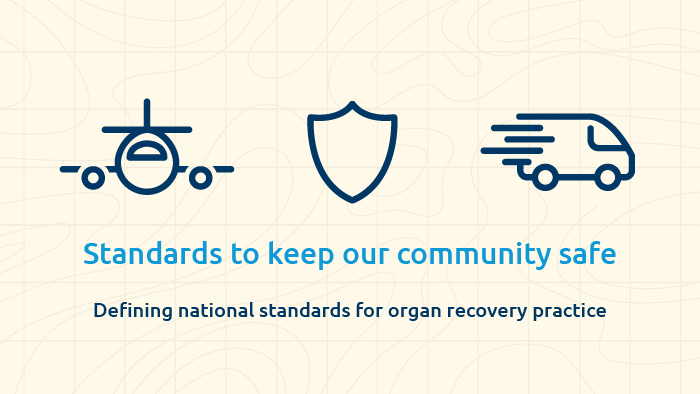
Despite a decade since a 2007 fatal plane crash involving a University of Michigan transplant team and pilots, there remain no federal standards regulating air and ground transportation of organ recovery personnel.
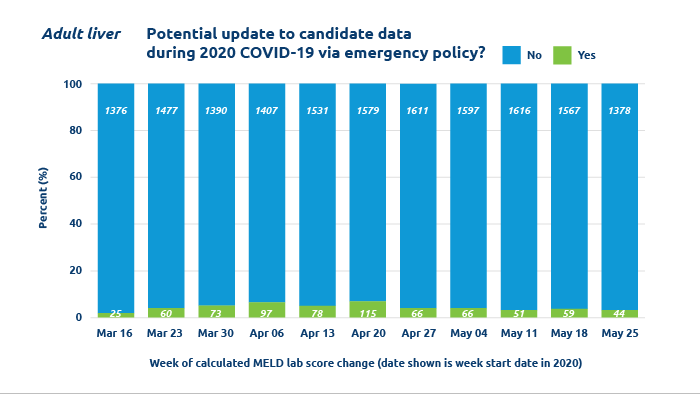
Staff and members collaborated to create emergency policy and IT changes to protect patients and keep the system nimble during the COVID-19 pandemic.